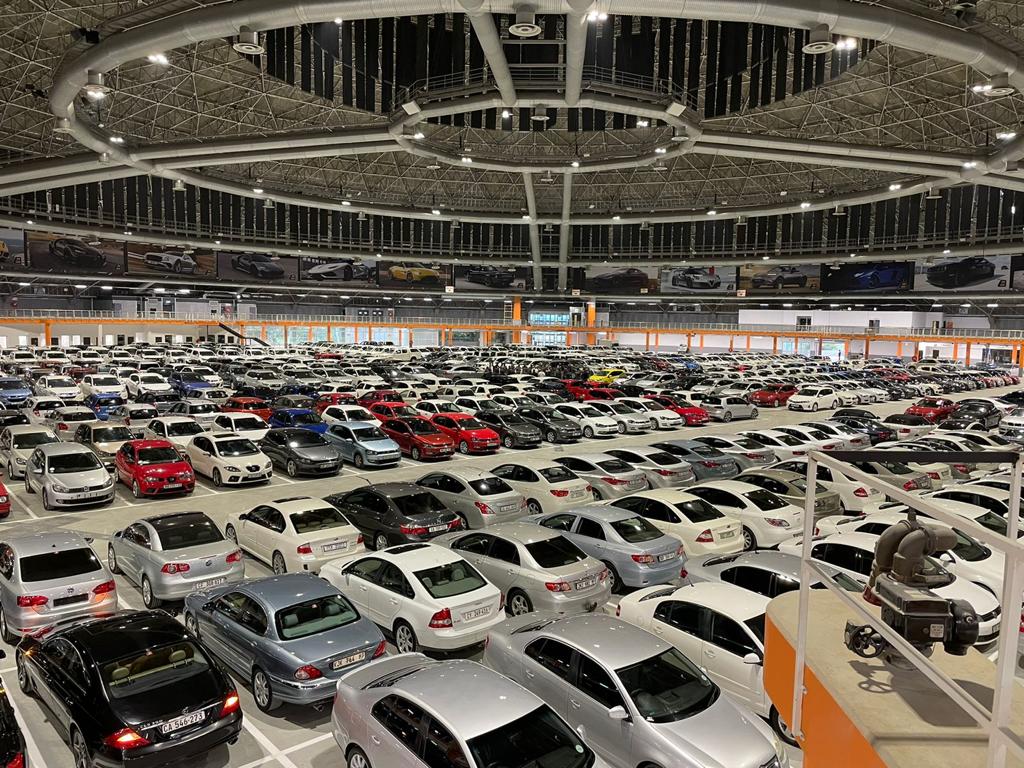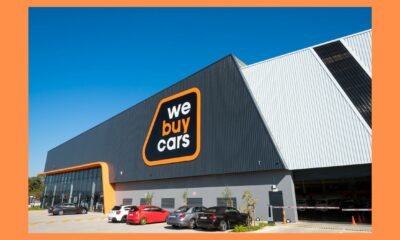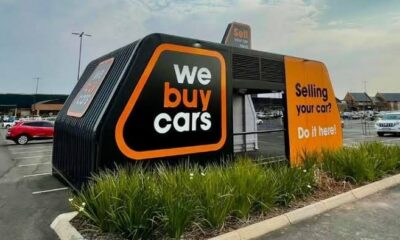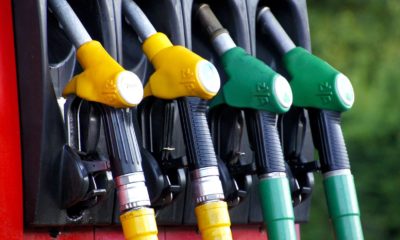Business
The Survival of Independent Car Dealerships Is Under Threat in South Africa

Shrinking margins, online car buying, and new global players are squeezing small dealers out
South Africa’s independent car dealerships are on the brink, facing mounting pressure from shrinking margins, digital disruption, and foreign competition. These smaller players are struggling to survive in a market reshaped by global trends and a sluggish domestic economy.
That’s the warning from Thembinkosi Pantsi, Vice Chairperson of the National Automobile Dealers’ Association (NADA), who says these businesses are “under siege.”
“Customer footfall is not where we’d like it to be, and overheads remain high,” Pantsi said. “Smaller independent dealers are under severe pressure.”
Margins Crushed, Cash Flow Critical
While larger dealership groups benefit from JSE listings, financial buffers, and easier access to funding, independent dealerships often operate on razor-thin margins and with limited cash flow. Any dip in vehicle sales or price pressure can be devastating.
May 2025 saw a 22% rise in new car sales, bringing temporary relief, but Pantsi cautioned that this must be seen in context. “The broader trend has been downward,” he said, especially in new car sales, which have become a harder sell amid rising living costs and interest rates.
Buyers Are Online And Dealers Must Catch Up
One of the biggest threats is how consumer behaviour has changed. The traditional dealership model—test drives, showrooms, and sales reps, is being replaced by a digitally driven process.
“People don’t walk into dealerships anymore,” said Pantsi. “They’ve already done their research. They know the specs, the price, and often who they want to buy from.”
Large platforms like AutoTrader and WeBuyCars have capitalised on this shift, investing heavily in online sales tech, which smaller dealers struggle to match.
Chinese Brands Are Reshaping the Game
Adding to the pressure is the aggressive entry of Chinese car brands, which offer affordable, feature-rich vehicles that are winning over South African buyers.
“They’re now competing head-to-head with established luxury brands and setting up shop in premium locations,” said Pantsi.
Ironically, these same brands may offer smaller dealers a lifeline. Unlike traditional OEMs, some Chinese manufacturers are open to working with multi-franchise dealers, allowing independents to sell more than one brand under one roof, a strategy that could diversify revenue and reduce risk.
Adapting to the Future: Innovation and Reskilling
Despite the threats, Pantsi remains optimistic, if dealers are willing to adapt. He pointed to futuristic retail concepts like car vending machines in the UK as a sign of things to come.
“That’s the kind of innovation we’re not ruling out in South Africa,” he said.
But innovation alone won’t be enough. The industry must also prepare for the electric vehicle (EV) revolution. As EVs become more common, demand for traditional mechanics will decrease. What’s needed now is a workforce with electrical and tech skills.
“The jobs won’t disappear; they’ll evolve,” Pantsi said. “It’s about reskilling and embracing the shift.”
An Industry Too Important to Fail
The automotive industry contributes nearly 6% to South Africa’s GDP. For independent dealerships, the road ahead is tough, but not impassable. Survival will depend on digital transformation, strategic partnerships, and an ability to serve the modern consumer.
“We’re building what we call the ‘dealers of the future’,” Pantsi said. “It’s not just about selling cars anymore, it’s about staying relevant in a changing world.”
{Source: BusinessTech}
Follow Joburg ETC on Facebook, Twitter , TikTok and Instagram
For more News in Johannesburg, visit joburgetc.com



























